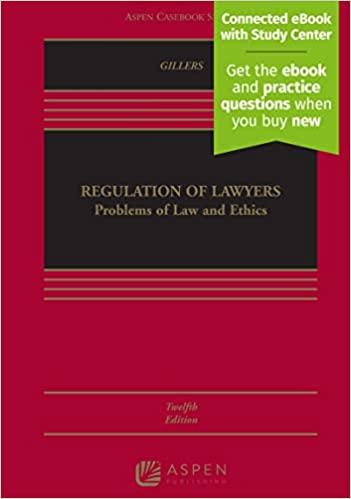Lesson 14 Instructions : A lawyer is flying across the country on a business trip for client A. She has brought along client B's file and intends to work on client B's matter while on the plane . If the plane trip is four hours, and the lawyer works on client B's matter for four hours, how should she bill the clients for four hours of her time and travel expenses ? Please provide the code of ethics citations from your state to support your decision. The attorney may choose to complete work for more than one client at the same time however ethically only Client A should be billed . Expenses and travel arrangements are only billable to Client A as agreed upon in the attorney -client fee contract Double billing is the act of charging more than one client at the same time . Most attorneys agree this is unethical . Furthermore , double billing violates two rules of American Bar Association's Model Rules of Conduct as follows American Bar Association's Model Rules of Professional Conduct : Rule 8.4, which prohibits dishonesty. Rule 1.5, which prohibits a lawyer from charging an unreasonable fee. In 2019 the Birmingham Bar Association Membership Forum recognized this exact scenario of possible abuses by lawyers of the lawyer -client relationship with regard to fees in Rule 1.5 Ethics Opinion #2005 -02. Alabama Rules of Professional Conduct that billing more hours than actually expended on more than client for same hours billed contravene not only public policy , but also these Rules of Conduct . American Bar Association Formal Opinion 93-79 reviewed possible abuse of lawyer -client relationship in two scenarios , one of which addresses this same question concluding both constituted double billing Should the attorney decide to work on Client B during this same flight the work would be free (non -billable ). Client B unknowingly benefits from her multi -tasking and dedication . Client A could also benefit favorably if decision to bill were reversed however this may present question from auditors or administrators In closing , although out of scope I would also make note of the potential risk to the rule of confidentiality in the transport of both client files for a number of reasons reinforced within Chapter 5, Introduction to Paralegalism, by William Stansky, Eight Edition







